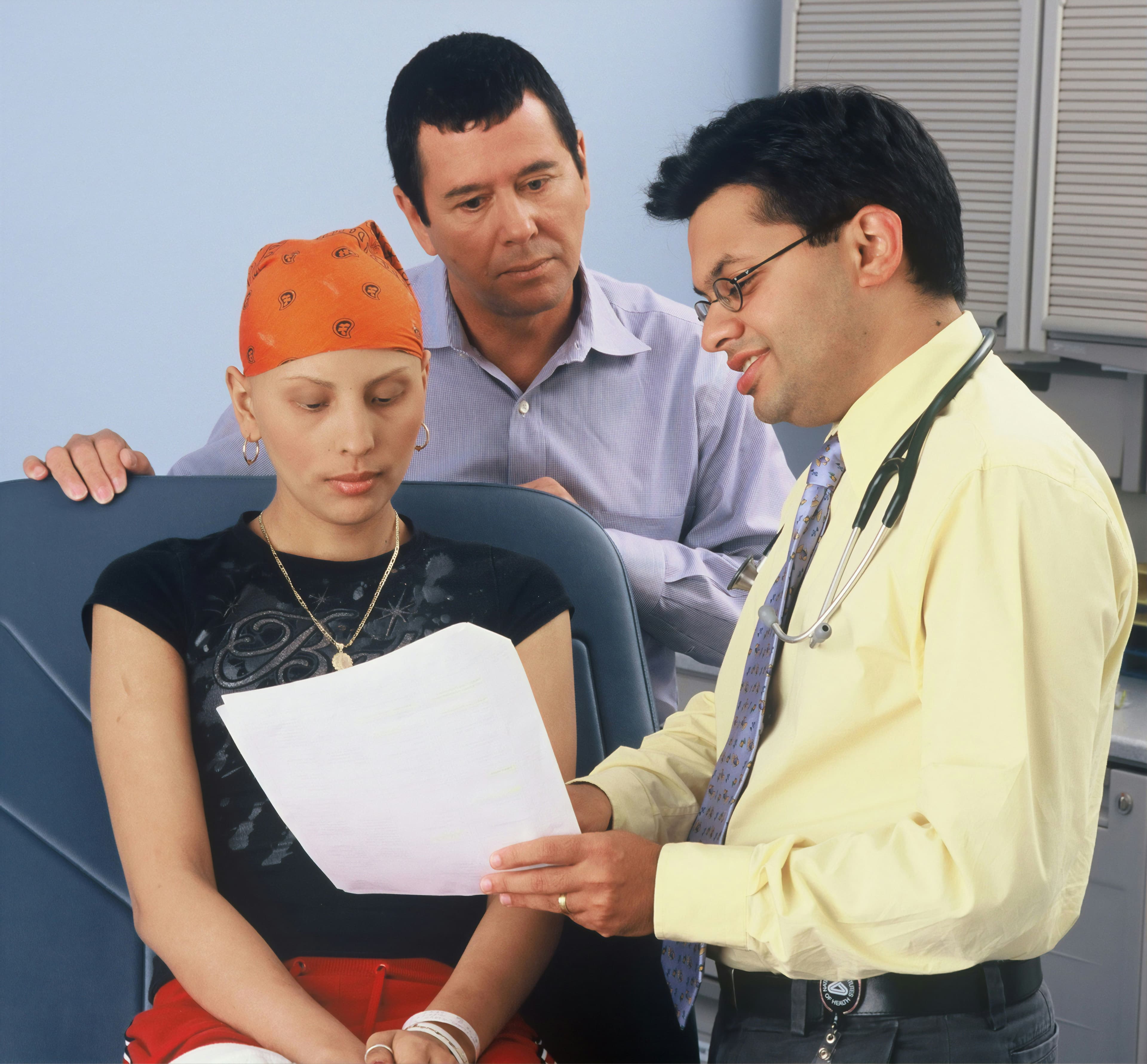8 Subtle Colon Cancer Symptoms Most People Still Overlook

Dr. Vrundali Kannoth•6 minutes•10 Oct 2025
Not All Colon Cancer Symptoms Are Obvious. Here's What You Might Miss
Everyone has off days: bloating after a big meal, bathroom habits that go slightly off schedule, or cramps that come and go. It's easy to dismiss these moments as nothing more than stress, something you ate, or just a sensitive gut.
But sometimes, what feels routine is actually your body's early warning system. Symptoms of colon cancer often show up subtly, and those quiet signals should never be ignored.
This blog breaks down the signs and symptoms of colon cancer that often fly under the radar. From subtle bowel changes to persistent fatigue, we'll explore what's common, what's concerning, and when it's time to push for answers.
What is colon cancer?
Colon (or colorectal) cancer starts in the large intestine, usually as small, noncancerous growths called polyps. These can gradually turn cancerous if left unchecked, making early stages easy to miss.
So why does this happen? In many cases, the cells lining the colon start to grow and divide more than they should. This abnormal growth can be triggered by a mix of factors, including genetics, chronic inflammation, poor dietary habits, smoking, or age-related changes in the gut. Over time, these rogue cells can form a tumour.
Which is why early detection being so important. Knowing the symptoms of colon cancer and taking persistent issues seriously can lead to quicker diagnosis, simpler treatment, and far better outcomes.
8 early symptoms of colon cancer you shouldn't brush off
But the way you can tell if it's something serious is by noticing how long it sticks around, how often it happens, or how it starts to stack up with other warning signs.
Here are eight early symptoms that may point to colon or colorectal cancer, especially if they are constant or show up in combination:
- 1. Persistent changes in bowel habitsFrequent diarrhea, constipation, or sudden shifts in how often you need to go can be early colon cancer symptoms. If your usual rhythm changes and stays off for more than a couple of weeks, it's worth paying attention, especially if there's no obvious trigger like food or stress.
- 2. Narrow or ribbon-like stoolChanges in stool shape, texture, or size, like pencil-thin stools or loose, mushy ones, can sometimes indicate a narrowing or obstruction in the colon. Even the way it smells (stronger or unusually foul) can point to underlying changes in digestion.
- 3. Blood in stool or rectal bleedingSpotting blood in your stool, whether it's bright red or dark and tar-like, is never something to ignore. It's one of the most recognizable early signs of colorectal cancer, even if it's just occasional, and should be immediately checked.
- 4. Unexplained abdominal pain or crampsFrequent cramps or discomfort in the lower abdomen that doesn't seem linked to food, gas, or menstruation can be a subtle but important symptom of cancer. If the pain becomes routine or worsens over time, it's worth investigating.
- 5. Excessive bloating or fullnessFeeling unusually bloated, gassy, or full even after small meals may indicate a blockage or inflammation in the colon. This symptom often gets dismissed as a food reaction, but when persistent, it could be a warning sign.
- 6. Unintentional weight lossLosing weight without trying is a red flag for many types of cancer, including colon cancer. If weight is dropping off for no clear reason, and especially if paired with other digestive symptoms, it's time to get it checked.
- 7. Fatigue or low energyEveryone gets tired. However, fatigue that lingers, even after a full night's rest, could be a sign of internal blood loss or nutritional deficiencies caused by changes in your digestive tract. If you're dragging through the day for no clear reason, it's worth a closer look.
- 8. Feeling like you still need to goIf you are facing a lingering sensation of needing to have a bowel movement, even right after going, this is known as tenesmus. It can be caused by inflammation or tumours in the rectum and is a common symptom in early colorectal cancer cases.
How to know it's time to see a doctor

There's no harm in getting answers. Catching something early doesn't mean its cancer; it just means you're ruling out anything serious before it has a chance to progress.
In situations like this, it's okay to trust your gut. If something feels off, don't hesitate to speak to a healthcare professional. Your concerns are valid, and early conversations can make all the difference.
What colon cancer gets mistaken for (too often)
By now, it's clear how easily colon cancer symptoms can be mistaken for less serious conditions. That's why it's just as important to understand what those alternate diagnoses might be and when they may be off the mark.
Recognizing these common lookalikes can help you or your loved one ask more informed questions, push for the right tests, and avoid delays in getting the right treatment. If symptoms continue despite following a treatment plan, it may be time to revisit the initial diagnosis.
Here are some of the most frequent conditions that are confused with colorectal cancer:
- •Irritable bowel syndrome (IBS)IBS is one of the most frequent misdiagnoses because its symptoms of abdominal pain, bloating, fatigue, and changes in bowel habits overlap heavily with early colorectal cancer symptoms. If you've been diagnosed with IBS but still experience symptoms despite dietary changes or medication, it may be time to speak with a specialist who can rule out something more serious.
- •DiverticulitisDiverticulitis occurs when small pouches in the colon (called diverticula) become inflamed or infected. It can mimic colon cancer with symptoms like lower abdominal pain, changes in stool consistency, and rectal bleeding. While treatable with antibiotics or lifestyle changes, if symptoms persist or worsen, further testing is crucial to exclude cancer.
- •Ulcerative colitisUlcerative colitis is a chronic inflammatory bowel disease that can also present with abdominal cramping, blood in stool, weight loss, and urgency. Inflammation may mask or mimic cancer in scans and symptoms. What makes this misdiagnosis riskier is that ulcerative colitis itself increases the risk of colon cancer, so regular screening is vital for anyone living with it.
- •HaemorrhoidsHaemorrhoids are swollen veins in the rectum or anus and often cause rectal bleeding, one of the key warning signs of colon cancer. But because they're so common, bleeding is often dismissed as "just haemorrhoids." However, if this bleeding continues, worsens, or comes with other symptoms like fatigue or changes in bowel habits, a deeper investigation is essential.
Your gut is talking. It's time to listen.
Recognizing the early colon cancer symptoms can make all the difference between catching the disease early and missing the window for simpler treatment.
While these signs often resemble everyday digestive issues, what sets them apart is their persistence, progression, or combination with other symptoms. From changes in bowel habits to unexplained fatigue or weight loss, each signal deserves attention.
No symptoms are too small when it comes to your health. Trust your gut, literally. The earlier you investigate, the more control you have over the outcome.
FAQs on colon cancer symptoms
Yes, colon cancer is curable, especially in its early stages. When diagnosed at stage I or II, the 5-year survival rate is over 90%. The key is catching it early, which is why recognizing persistent colon cancer symptoms, like blood in stool or unexplained weight loss, matters so much.
Colon cancer is serious but not always fatal. It becomes dangerous when detected late, which often happens because its symptoms can be vague or misdiagnosed. Early diagnosis makes treatment simpler and outcomes far better.
Life expectancy varies based on how far the cancer has spread. Localized colon cancer (caught early) has a 91% 5-year survival rate, while metastatic cancer drops that number to about 13%. This is why acting quickly on any colorectal cancer symptoms is critical.
Colon cancer usually develops slowly over several years, starting as benign polyps. But once it turns cancerous, it can spread more rapidly, especially if colorectal cancer symptoms like fatigue, abdominal pain, or rectal bleeding go unchecked. Regular screening helps catch it before it reaches that stage.
